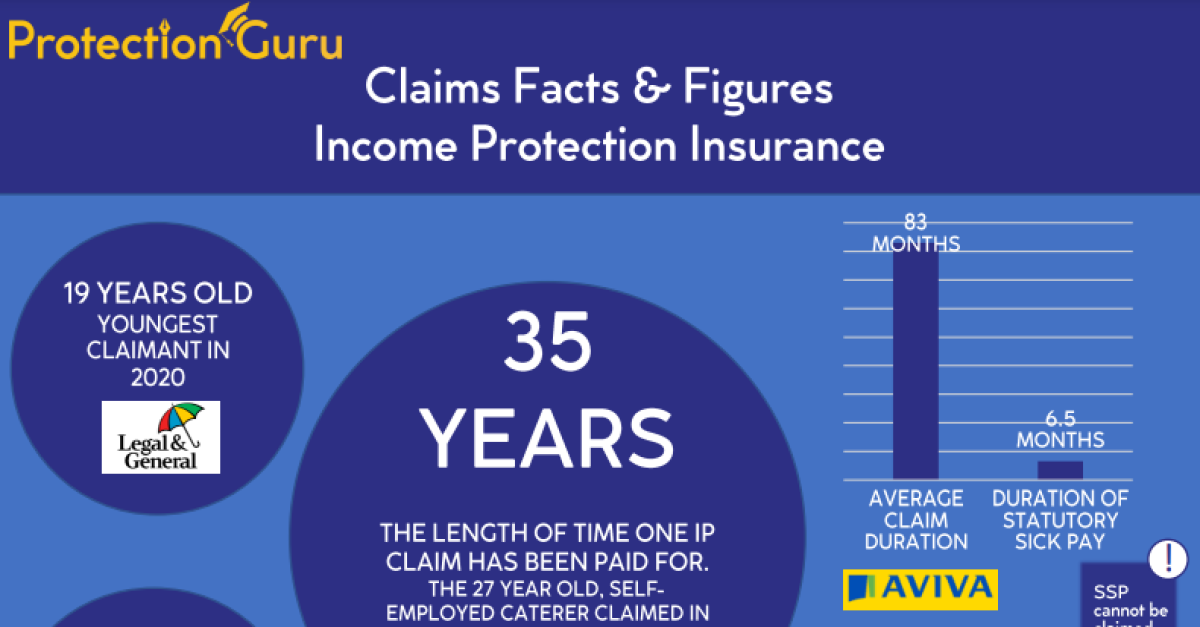
Why protecting income throughout life makes sense

According to the former Beatle John Lennon, life is what happens while you are busy making other plans. The point is that although some things are in our control, other things can catch us by surprise. That is the beauty of life, but whether planned or not, significant life events often have an impact on our finances.
Births, marriages and deaths are perhaps the biggest life events but these are punctuated by other important milestones such as starting work, renting or buying your first property, being promoted, getting married and retiring. All these events – and the order in which they happen – can have an impact on what someone earns, what they spend or both.
Because having enough money can make a difference between someone living the life they want or just surviving, it is important for people to have an income protection policy to tide them over financially if they become too ill to work. Mapping out the life events people potentially face and the impact these will have on their finances can illustrate why protecting a client’s income is important to do throughout their lives.
Starting out
Young people in the UK can usually start work once they’ve reached the minimum school leaving age of 16. However, between age 16 and 18 a young person in England must either stay in full-time education, start ab apprenticeship or spend at least 20 hours a week working or volunteering while in part-time education or training. Those who get a job or become an apprentice will be paid at least the National Minimum Wage – currently £5.28 as of April 2023. The amount increases with age, right up to workers aged 23 and over qualifying for the National Living Wage of at least £10.42.
Workers under 17 – who are limited in the number of hours they can work by law – earn a monthly average of £405, according to the latest Office for National Statistics figures. This rises to £1,510 a month for those in the 18-24 age bracket.
The younger the person, the more likely they are to live with their parents which saves on rent, food and bills that would be hard to find if living on the minimum wage. Even if ‘board’ is paid to parents, it is likely to considerably less than living independently. So, if the worst happened which meant someone in their teens or early 20s could not work due to an accident or sickness, they are perhaps more likely than older people to be able to get by on their employer’s sick pay scheme or Statutory Sick Pay, which is currently £109.40 a week for up to 28 weeks.
Relationships
The average age when people first move out of the parental home is between 23 and 24. This is the point when people may be starting to earn a bit more than their starting salary, but spend a bit more due to housing costs and household bills. Living costs may also reduce for their parents, who could downsize from a big family home into a smaller apartment.
Moving in with a partner tends to happen at the age of 27 on average. These couples are most likely to be renting – according to Halifax, the national average age of first-time buyers was 32 in 2021. Average salaries are still increasing at this point in someone’s life – ONS data shows the average monthly salary for people aged 25-34 was £2,335 in October 2022.
Higher salaries are useful for this age bracket, as some couples will be thinking about getting married, having children or both. The latest ONS figures show the average age of first-time mothers is 29, with the average age at marriage for opposite sex couples at 34 for men and 32 for women. Same-sex couples are marrying later – the average age for men was 38 and for women 33 in 2019.
Once people become parents, it may be cost effective for one parent to reduce their working hours to look after the children instead of paying for childcare, which means their income will also drop. This may be the time families think about moving to a bigger home, so money could be tighter going forward.
Peaks and falls
Earnings tend to peak at age 35-49, as people with years of experience behind them get promoted to more senior positions within their firms. However, salaries start falling again at age 50-64 – perhaps as age-related health conditions start to impact on the work or the hours they can do – before dropping more drastically after age 65 as people start retiring.
It is possible for people to experience falls in income at any point in their lives for various reasons. Young people are not immune to experiencing poor health or accidents that can impact their ability to do their usual job or require a career change. In the current economic climate job security may be an issue so it is possible that someone could be made redundant after a short period in a job and take a lower paid job out of necessity.
For others, a drop in income may be the sacrifice they need to make as they move into self-employment and build a business. Or someone may be self-employed and experience a drop in income if demand for their products or services dries up. The list is endless.
Protection advisers who are outlining the benefits of income protection to their clients as a way of ensuring they have some money coming in if they become too ill to work may want to highlight the beauty of minimum benefit guarantees. Usually, claims are based on a percentage of a client’s pre-incapacity earnings, so if a client’s income has fallen their payout will reduce accordingly. But minimum benefit guarantees ensure the payout never falls below the guaranteed amount, even if the percentage of pre-incapacity earnings is a lower figure.

















